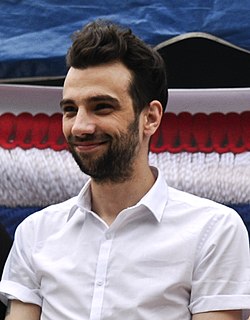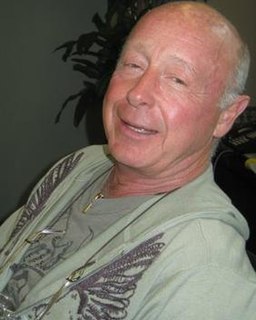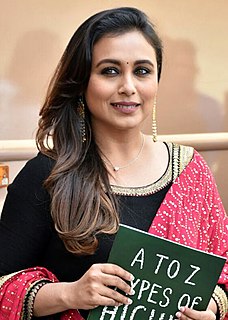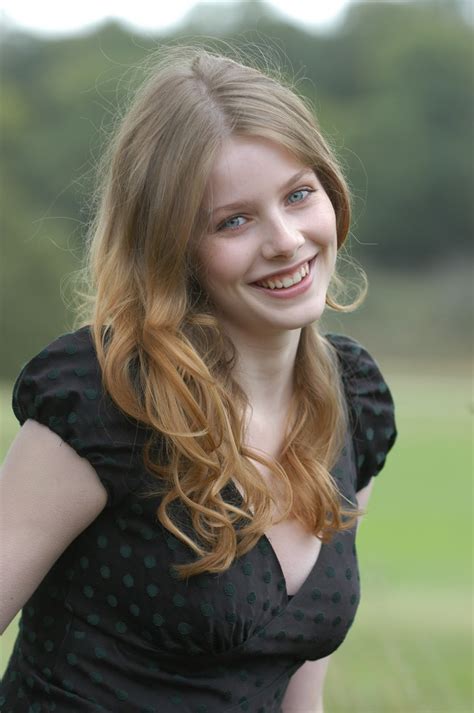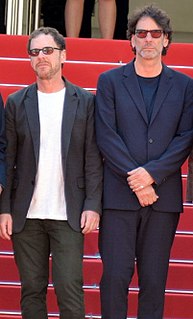A Quote by Jason Blum
But, it's much easier to do that than produce the movies from scratch. It excites the same thing in me, whether we build it from the ground up, or whether we come on when the movie is done or almost done. The idea of supporting the underdog and getting a smaller movie out there in a big way is equally exciting.
Related Quotes
Music is very, very important in my movies. In some ways the most important stage, whether it ends up being in the movie or not, is just when I come up with the idea itself before I have actually sat down and started writing. I go into my record room... I have a big vinyl collection and I have a room kind of set up like a used record store and I just dive into my music, whether it be rock music, or lyric music, or my soundtrack collection. What I'm looking for is the spirit of the movie, the beat that the movie will play with.
Chinese movies are not just about making Chinese local movies. It's about the Chinese money, the Chinese creativeness participating in a global movie. The problem is not the government not supporting this, they of course support this big time. The problem is whether other people are capable of doing the same thing I'm doing.
I wake up every morning bolt upright, whether it's a commercial, not that that's a good thing or a bad thing, because I shoot commercials in between movies. But whether it's a commercial or a movie where I'm shooting a major train wreck, the thing that worries me most is when I'm doing a performance thing.
What is so liberating about this whole business is when you see that, you know, big movies are going to come out, huge movies are going to come out, and then you see them up in Malibu in the little Triplex theater a week later, on the scratch negative, and you think...“This is show business. This is the great movie career. And it’s all finding it in the shoebox.”
The way you write dialogue is the same whether you're writing for movies or TV or games. We use movie scriptwriting software to write the screenplays for our games, but naturally we have things in the script that you would never have in a movie script -- different branches and optional dialogue, for example. But still, when it comes to storytelling and dialogue, they are very much the same.
The most fascinating part of movies is the organism of the movie - it's such a bizarre thing to do, to make a movie. To see these people come together, band in unity, to create this thing that almost doesn't exist. It only exists because it's projected on a screen, but other than that, it's an illusion.



